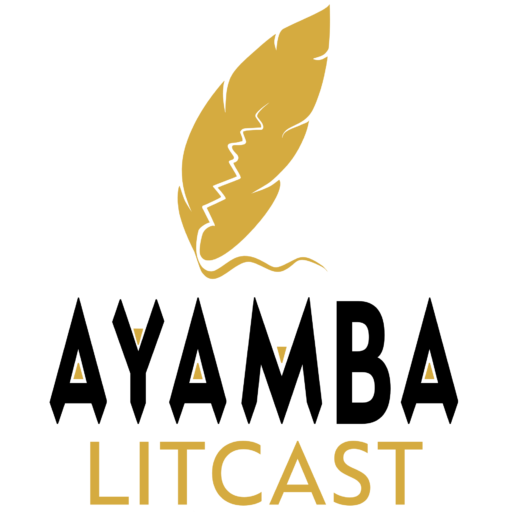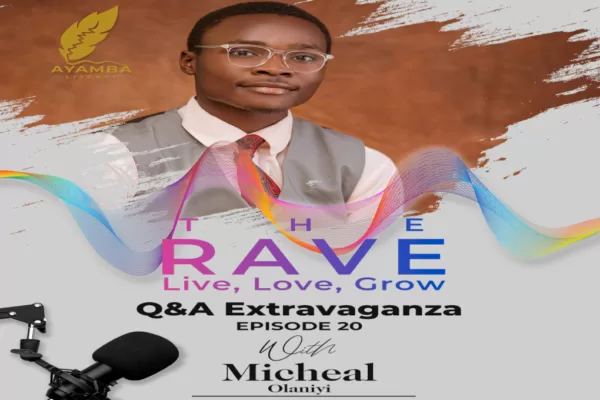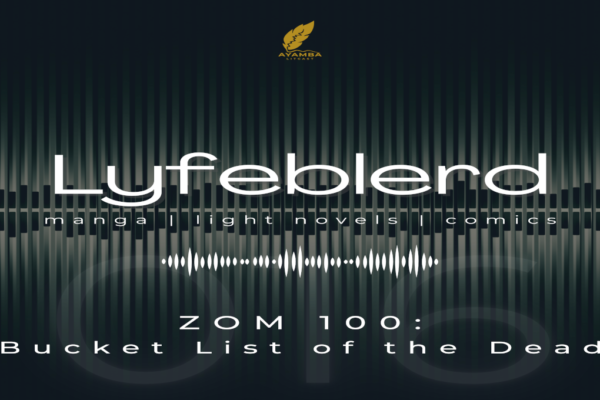Becoming a Real Boy
Welcome back, comic book fans to another episode of Lyfeblerd. Today, we plunge into the captivating world of Osamu Tezuka’s masterpiece – Dororo. I’m your host Cryptte, and I can’t wait to share my thoughts on this iconic manga.
Dororo began serialisation in 1967 in Shogakukan’s Weekly Shōnen Sunday before being cancelled a year later. It was later picked up again and completed in Akita Shoten’s Bōken’ō magazine in 1969. The manga’s timely return ensured it became a classic and is considered one of the “Father of Manga’s” greatest works.
A 26-episode anime adaptation followed in 1969, produced by Mushi Productions. 2017 saw the release of a live-action movie and MAPPA produced a 24-episode anime in 2019. There’s also the Sega video game “Blood Will Tell,” which was released on the Playstation 2 in 2004 and the manga remake by Satoshi Shiki titled The Legend of Dororo and Hyakkimaru which began publication in 2018 and is still ongoing.
Story
Set in a war-torn feudal Japan, Dororo tells the story of a warrior named Hyakkimaru. Born without several body parts due to a demonic pact made by his father, Daigo Kagemitsu, Hyakkimaru sets off on a journey to reclaim what he has lost. Early in his travels, he comes across the young orphan thief named Dororo and together they face a horde of terrifying demons and other challenges.
The duo forge a deep bond that defines the heart of this manga, as we see Hyakkimaru attempt to regain his humanity while inadvertently becoming weaker. It is a dark tale that is warmed by Dororo’s charm and unwavering loyalty, making this a truly gripping and emotionally charged narrative.
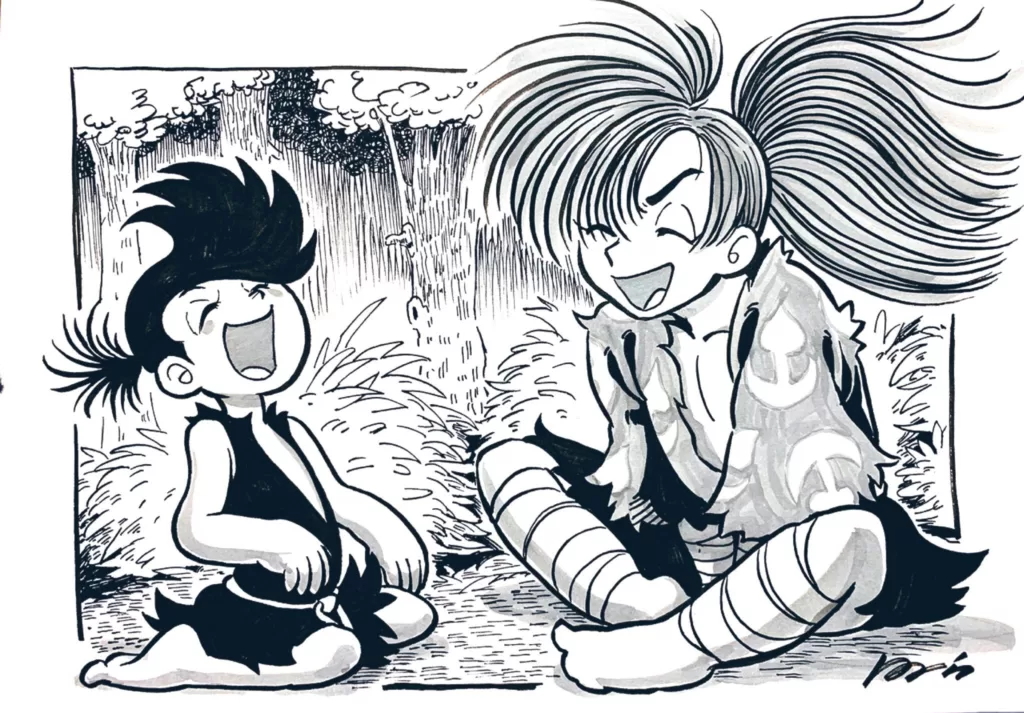
Plus & Minus
+
The character development in Dororo is complex with compelling backstories that pull at your heartstrings, with Hyakkimaru and Dororo in particular. The plot is captivating, blending action, adventure, and supernatural elements seamlessly to tell a coherent story. Tezuka’s signature art style shines through like always, with intricate illustrations that beautifully depict feudal Japan’s atmosphere, humour and horror without skipping a beat.
The themes in Dororo are thoughtful, delving into identity, morality, and the human condition, providing readers with lots of food for thought.
–
In the beginning and at certain intervals, the pacing can feel a bit slow. This is where a lot of the character-building takes place too, and I’ve seen a few people drop off here. There’s also a bit of comic violence combined with the subject matter, which makes Dororo appropriate for children and sensitive readers.
Conclusion
Dororo is an absolute must-read for manga fans everywhere. Osamu Tezuka’s storytelling prowess combined with his remarkable art style elevates this manga to a whole new level. Granted, newer fans of the medium may find the story and art dated, but they could also try the remake by Satoshi Shiki for a different narrative.
Despite a few minor flaws, the emotional depth and immersive world-building found in Dororo make it an unforgettable experience.
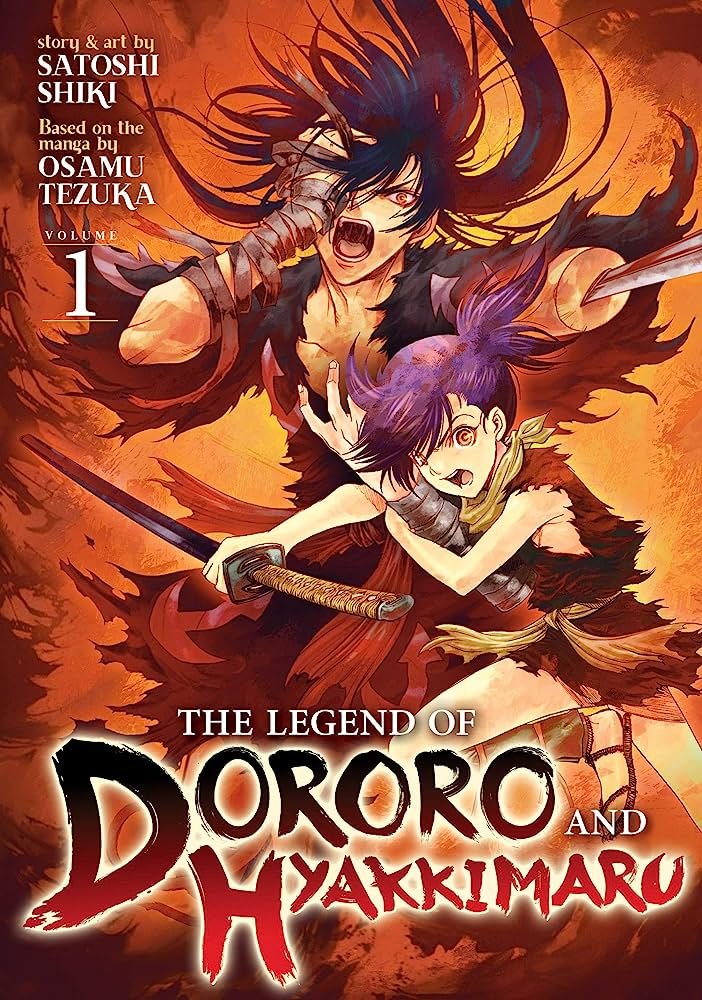
Reading List
For those who try and love Dororo, I recommend checking out other works by Osamu Tezuka, such as Astro Boy or Naoki Urasawa’s Pluto, which is based on Astro Boy’s “The Greatest Robot on Earth” story arc.
- Dororo, written and illustrated by Osamu Tezuka – https://amzn.to/3YjBuww
- Astro Boy, Vol. 1, written and illustrated by Osamu Tezuka – https://amzn.to/3rMFSrF
- Pluto: Urasawa x Tezuka, Vol. 1, written by Naoki Urasawa & Takashi Nagasaki and illustrated by Naoki Urasawa – https://amzn.to/3Qk5uGI
For those looking for something lighter or just different, pick up March Comes in Like a Lion by Chica Umino. It is a heartwarming and introspective look into the world of shogi.
Fans of the superhero genre can also read My Hero Academia by Kohei Horikoshi.
- March Comes in Like a Lion, Vol. 1, written and illustrated by Chica Umino – https://amzn.to/458h2S9
- My Hero Academia, Vol. 1, written and illustrated by Kohei Horikoshi – https://amzn.to/3KsiAOt
If you purchase a book or more via the affiliate links above, please note that Lyfeblerd will earn a small commission for doing so at no extra charge to you. Thanks in advance.
Dororo Isn’t Just Another Manga
That wraps up my review of Osamu Tezuka’s Dororo. I hope you enjoyed this episode of Lyfeblerd. If you did, please subscribe and review on iTunes or anywhere else you get your podcasts. Follow on social media @lyfeblerd and keep reading the books you love.
The theme song is Dreams by Rewayde, provided by Argofox.
See you in the next one.
